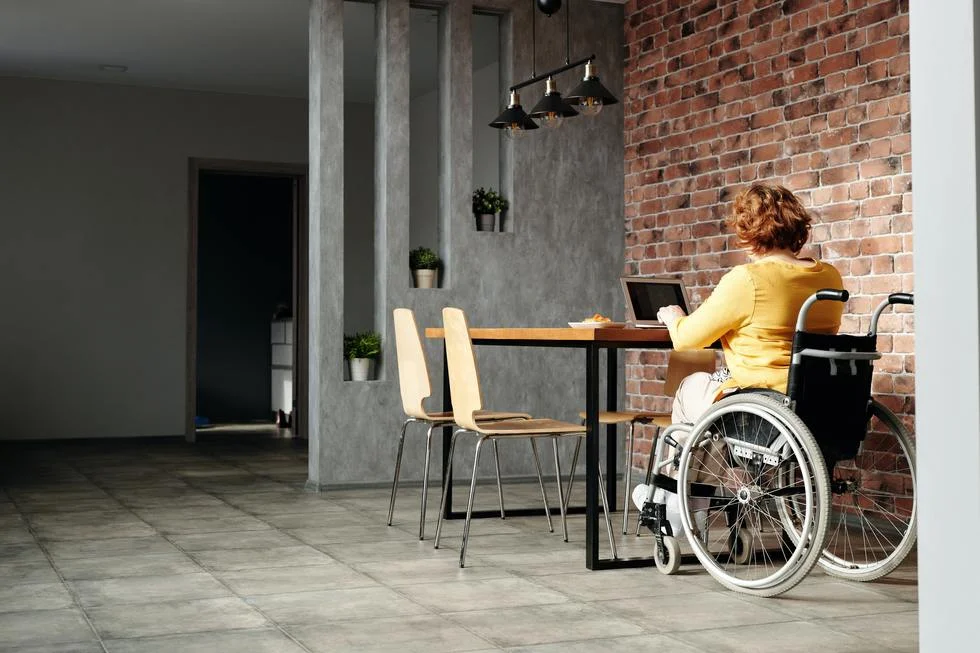In our May 8th blog, we gave you a heads up that COVID-19 may trigger accommodations for employees. In this blog, we take a closer look at the ADA and how it might apply in this “new normal.”
Though returning to work may be the only option for most as the country reopens, employees with existing physical or mental disabilities and medical conditions do have some options. These employees can request reasonable accommodations under the Americans with Disabilities Act (ADA), and the ADA provides job protection for such requests. Employers cannot legally fire, cut hours, or cut pay as a response to a reasonable accommodation request.
The law has not changed with respect to requesting reasonable accommodations: employees are still required to approach employers if they believe they need a reasonable accommodation, and they don’t have to use any “magic language” to request help. Not only does the ADA not require an employer to approach an employee about whether an accommodation is needed, employers should avoid doing so. Regardless of how well-intended an employer inquiry may be, focusing on a worker with known underlying health conditions or disabilities could imply that the employee is “regarded as” disabled by the employer. Under the ADA, regarded as disabled means that the employer presumes the employee has a physical or mental impairment that is not present. Workers who are discriminated against because they are regarded as disabled get just as much protection from the ADA as those who are discriminated against because they are actually disabled.
Under the ADA, although employers are not obligated to grant accommodations of the employee’s choice (or even the employee’s doctor’s choice), employers are obligated to engage with employees in the “interactive process.” In the interactive process, the employer is required to collaborate with the employee to find a solution that will allow the employee to continue performing the essential functions of the job, if at all possible. In the days of COVID-19, reasonable accommodations that may result from the interactive process could include solutions such as gowns, masks, gloves, barriers, staggered shifts, rotated days, work location, or desk spacing to maintain social distancing.
One final thing to consider is the ADA’s prohibition on “discrimination by association.” Those who live with or give care to a disabled or otherwise medically compromised person at high risk for contracting COVID should not be singled out, fired, or excluded from returning to work because of the perceived risks of that association.
If you believe that you have been discriminated against because of a disability or because you were regarded as having a disability, or if your employer has refused to engage in the interactive process or has fired or demoted you in response to an accommodation request, we invite you to reach out to us at 866-951-0903. One of our experienced attorneys will be glad to talk through your situation with you and advise you about what steps you may be able to take to protect yourself.


